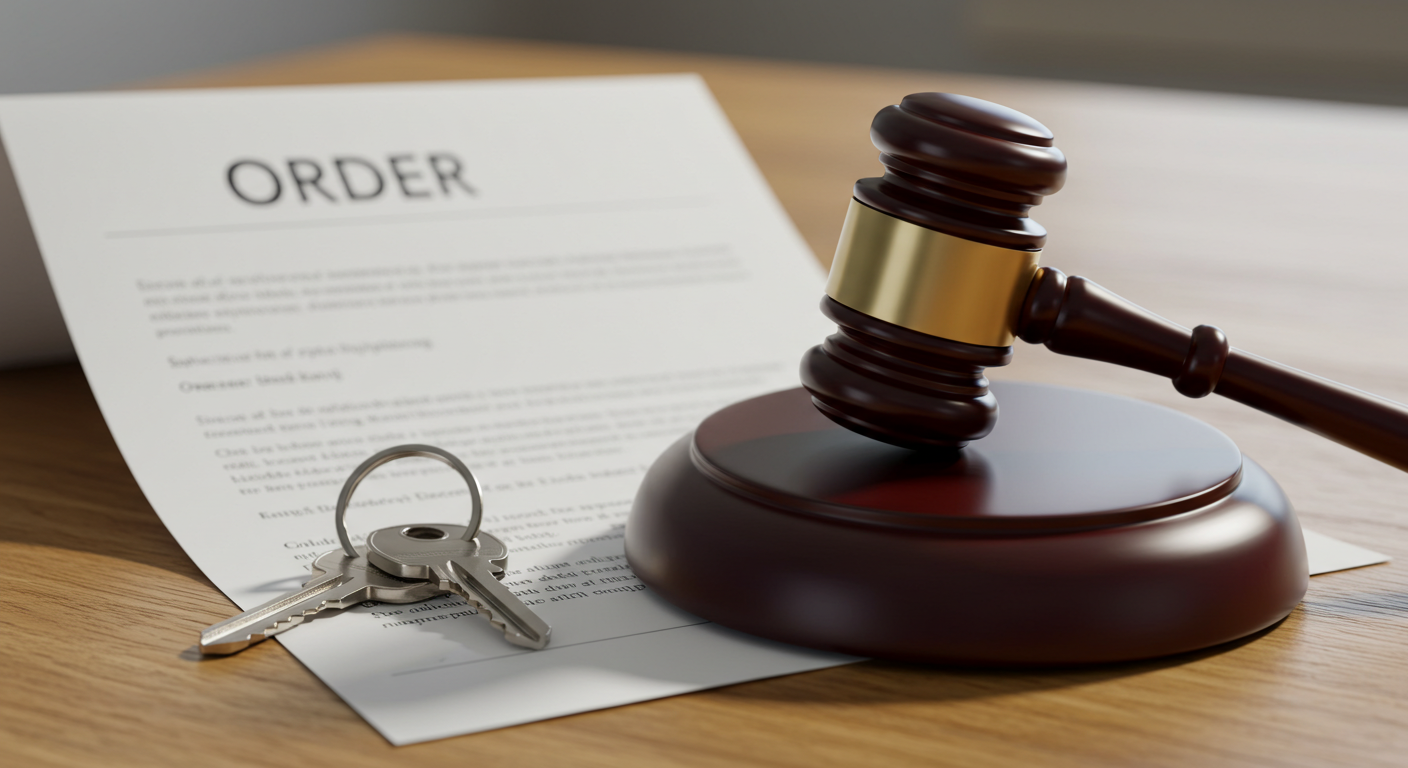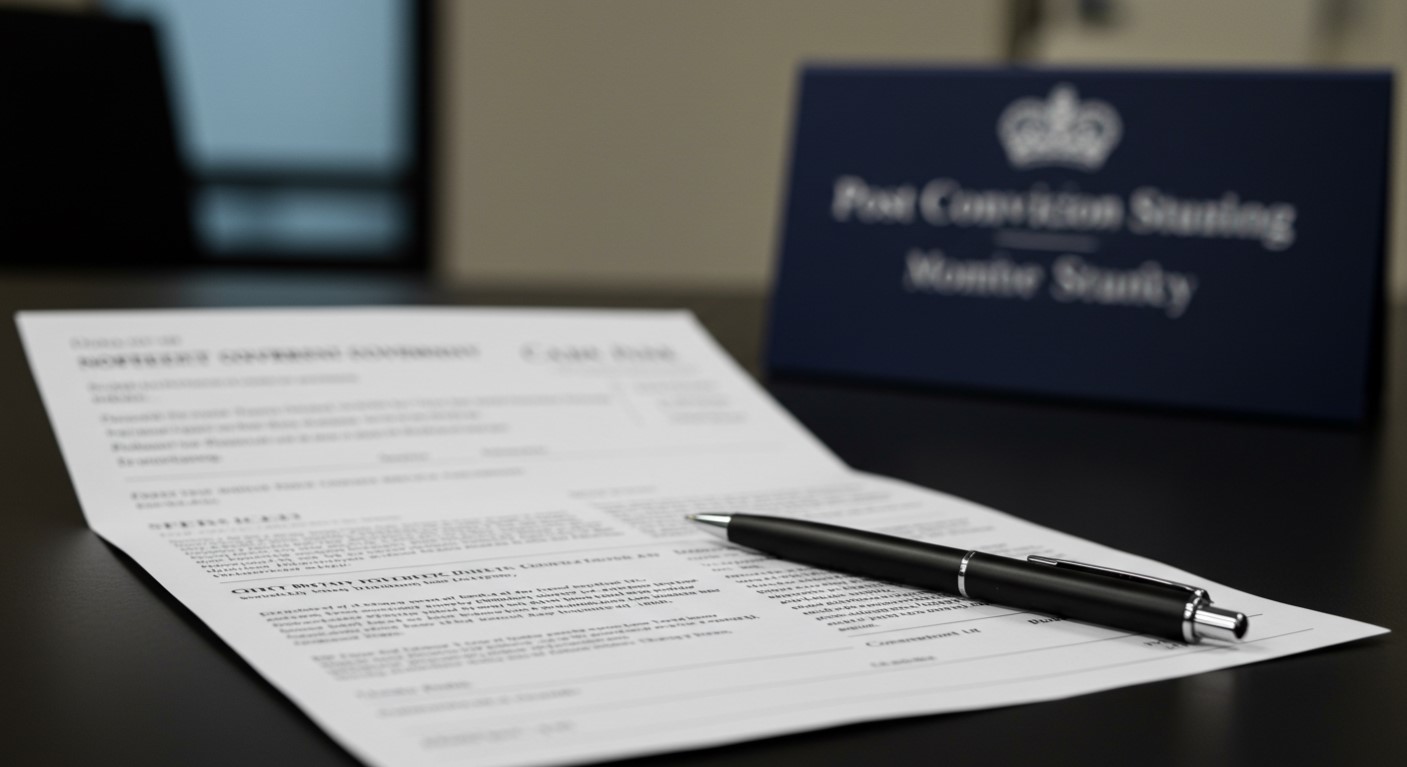Navigating Sexual Harm Prevention Orders in England: Understanding the Law, Consequences, and the Need for Legal Advice

Navigating Sexual Harm Prevention Orders in England: Understanding the Law, Consequences, and the Need for Legal Advice
Sexual Harm Prevention Orders (SHPOs) are a significant legal instrument used in England to prevent sexual harm and protect the public. Understanding the implications of SHPOs, the legal framework governing them, and the consequences of breaching such orders is crucial.
This article delves into what SHPOs are, their legal consequences, and why it’s essential to seek legal advice if you are subject to or facing the imposition of an SHPO.
What is a Sexual Harm Prevention Order?

Legal Definition and Purpose
- A Sexual Harm Prevention Order is a preventative order issued by a court under the Sexual Offences Act 2003. It aims to protect the public from sexual harm from individuals who pose a sexual risk.
- SHPOs replace the previous Sexual Offences Prevention Orders (SOPOs) and are more comprehensive in scope.
Conditions and Restrictions
- The order can impose various conditions on an individual, such as restricting their internet use, prohibiting contact with certain individuals (like children), or limiting their movements to certain geographical areas.
- The conditions are tailored to each case and are designed to manage the individual’s risk to the public.
The Legal Framework and Procedure
Issuance of SHPOs
- SHPOs can be issued either on conviction or acquittal of a sexual offence, or when an individual is considered a risk but has not been convicted of a specific offence.
- The application for an SHPO can be made by the police or the National Probation Service.
Duration and Review
- The duration of an SHPO can vary, with some orders being in place for a minimum of five years and others being indefinite.
- Orders can be reviewed and varied depending on changes in circumstances or risk level.
Consequences of Breaching an SHPO

Criminal Offence
- Breaching the conditions of an SHPO is a criminal offence and can lead to prosecution. This can result in penalties including a prison sentence, a fine, or both.
- The seriousness of the breach and the harm risked or caused are considered in sentencing.
Impact on Personal Life
- Being subject to an SHPO can have significant impacts on an individual’s personal and professional life, including restrictions on internet use, employment opportunities, and social interactions.
The Importance of Legal Advice

Understanding the Order and Its Implications
- Legal advice is crucial in understanding the specific conditions of an SHPO and how they apply to your circumstances.
- A legal expert can provide clarity on the restrictions imposed and advise on how to comply with the order to avoid unintentional breaches.
Representation in Court
- If you are facing the imposition of an SHPO, a lawyer can represent you in court, argue against the order being made, or work to ensure that the conditions imposed are fair and proportionate.
Challenging or Varying an Order
- If an SHPO has already been imposed, legal advice is vital in challenging or seeking to vary the order. A solicitor can help in making applications to the court for changes to the conditions if they are overly restrictive or no longer appropriate.
Navigating Complex Legal Situations
- Given the complexity and seriousness of SHPOs, having legal representation ensures that your rights are protected and that you are navigating the situation as effectively as possible.
Conclusion: Navigating Sexual Harm Prevention Orders in England

Sexual Harm Prevention Orders are a powerful tool in the legal system’s efforts to prevent sexual harm and protect the public in England. However, the implications of being subject to such an order are profound and far-reaching.
Legal advice is not just beneficial but essential in understanding the order, ensuring compliance, and effectively managing your situation under the order. Whether you are facing the imposition of an SHPO or are already subject to one, seeking legal advice is a crucial step in protecting your rights and navigating the complexities of this aspect of criminal law.
Notice: Informational Content Disclaimer
The content provided on this website, including articles, blog posts, and other informational materials, is intended for general informational purposes only. It is not intended as, and should not be considered, legal advice.
Visitors to this website should be aware that the information presented here is not a substitute for seeking legal advice from a qualified solicitor or legal professional. Each individual's legal situation is unique, and the information provided may not be applicable to specific circumstances.
If you require legal advice or have specific legal questions, we encourage you to contact us directly. Our experienced team of solicitors is here to assist you with your legal needs and provide tailored advice to address your concerns.
Please be advised that any communication through this website, including the use of contact forms or email, does not create a solicitor-client relationship. Confidential or time-sensitive information should not be sent through this website. To establish a solicitor-client relationship and discuss your legal matters in detail, please contact us for a consultation.
We strive to provide accurate and up-to-date information, but we make no representations or warranties regarding the accuracy, completeness, or suitability of the information contained on this website. We shall not be liable for any reliance placed on the information provided herein.
Thank you for visiting our website. We look forward to the opportunity to assist you with your legal needs.




